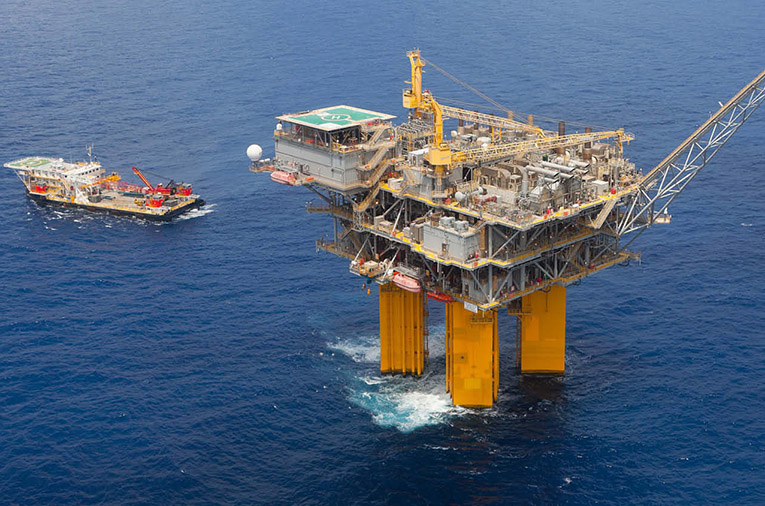Oil prices rose this Monday, giving positive signs for global economic growth and further recovery from the pandemic. However, the US said it is considering options to tackle high gasoline prices, which further added to the bullish performance of oil.
Firstly, Brent crude was up 65 cents, 0,79%, and settled at $83,39 a barrel this Monday. It is a recovery from the 2% that oil lost last week. On the other hand, the US mix, the West Texas Intermediate, gained 56 cents, 0,69%; settled at $81,83 after losing 3% last week. According to Reuters, during the early trade, both contracts rose by more than a dollar per barrel.
Furthermore, on Saturday, the US Congress passed the long-delayed $1 trillion infrastructure bill, which could boost economic growth and demand for fuel. Yet, last week’s decision from OPEC+ not to speed up their planned production increases also supported oil prices.
As we reported previously, the US had asked OPEC+ to increase output to cool the market down and fight volatility in prices. Specifically for the US, rising gasoline process. Facing the negative from OPEC+, the US government said it has “other tools” to deal with high prices.
Also recommended for you: AES Corp to increase 2-fold battery storage capacity in South America. Click here to read.
US could tapp into Strategic Oil Reserve to face rising prices
Moreover, the US Energy Secretary, Jennifer Granholm, said that Washington was weighing its options to address high gasoline and heating prices in the United States. Analysts consider such a strategy may include tapping the US Strategic Petroleum Reserve.
In fact, Granholm said that such actions could come as soon as this week. “He’s certainly looking at what options he has in the limited range of tools a president might have to address the cost of gasoline at the pump, because it is a global market.” Granholm said in an MSNBC interview.
In addition to the bullish sentiment, China’s export growth slowed in October but beat forecasts, buoyed by rising global demand ahead of the winter holiday season and improvements in coronavirus-hit supply chains.
Finally, back on Friday, Saudi Arabia raised the price of its benchmark crude for customers in Asia in December, exceeding market expectations. Tamas Varga, analyst at PVM Oil Associates, said about the matter. “Saudi Arabia also reckons that the next few weeks will be tight. This is why its official selling price to Asia was increased by $1.40 a barrel.”


